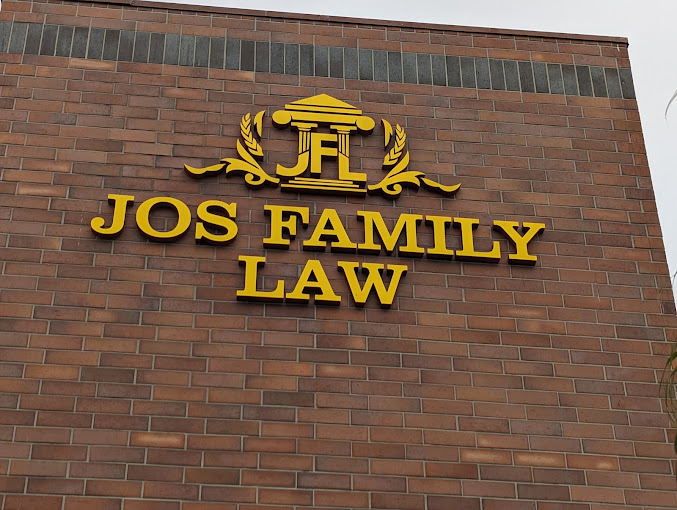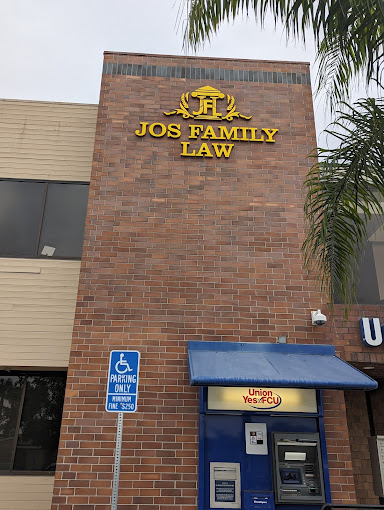Providing Professional, Compassionate, & Approachable Legal Representation
At Jos Family Law, our Tustin family law attorneys understand the profound impact of family law cases. The emotional toll and legal complexities are hard to bear, but the outcome of child custody/support, alimony, or property division can have long-term consequences on your life. That’s why it's important to choose a qualified and experienced family law attorney to represent you.
Legal issues involving children and families are sensitive and stressful in nature. They often include difficult decisions regarding child custody, visitation rights, domestic violence, complex asset division, and more. The choices you make henceforth will make a significant difference in how your life moves forward. Our attorneys perfectly understand your situation.
Our approach is compassionate, encouraging both sides to reach a mutually beneficial arrangement that helps them both move forward. But, if litigation seems the only way, we will tirelessly advocate for your rights and pursue an outcome in your best interests.
Call (714) 733-7066 to schedule a consultation with our attorneys and take the first step to secure your rights.














